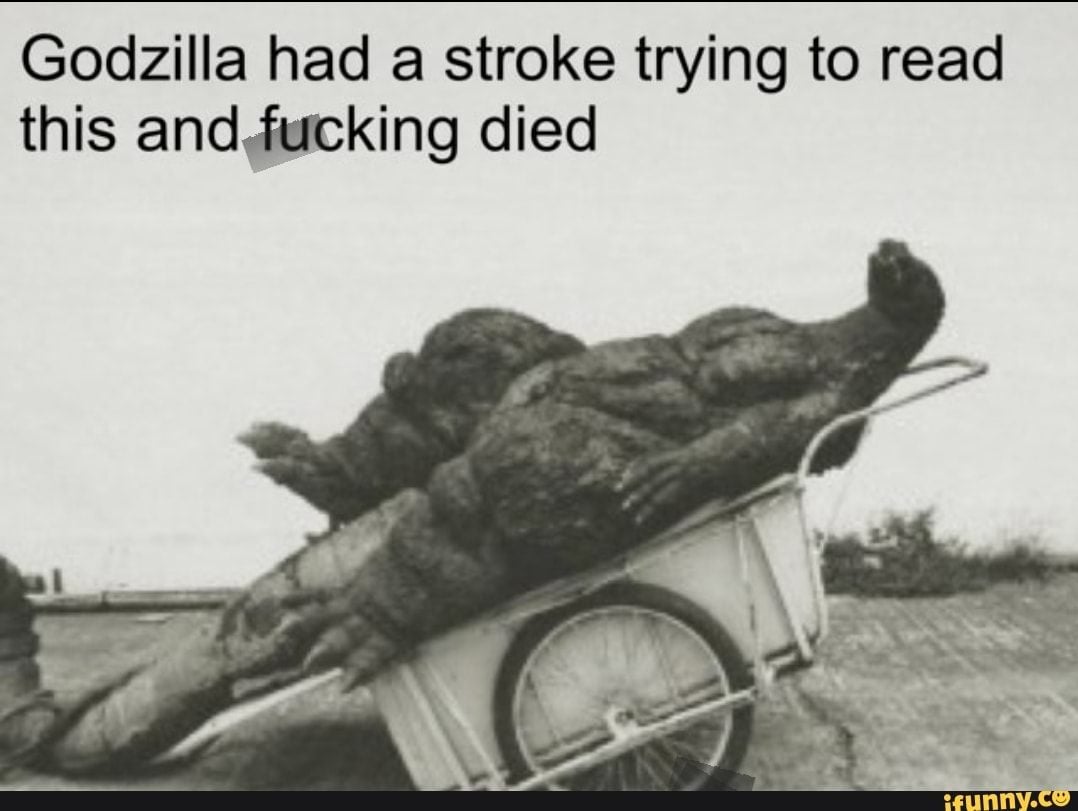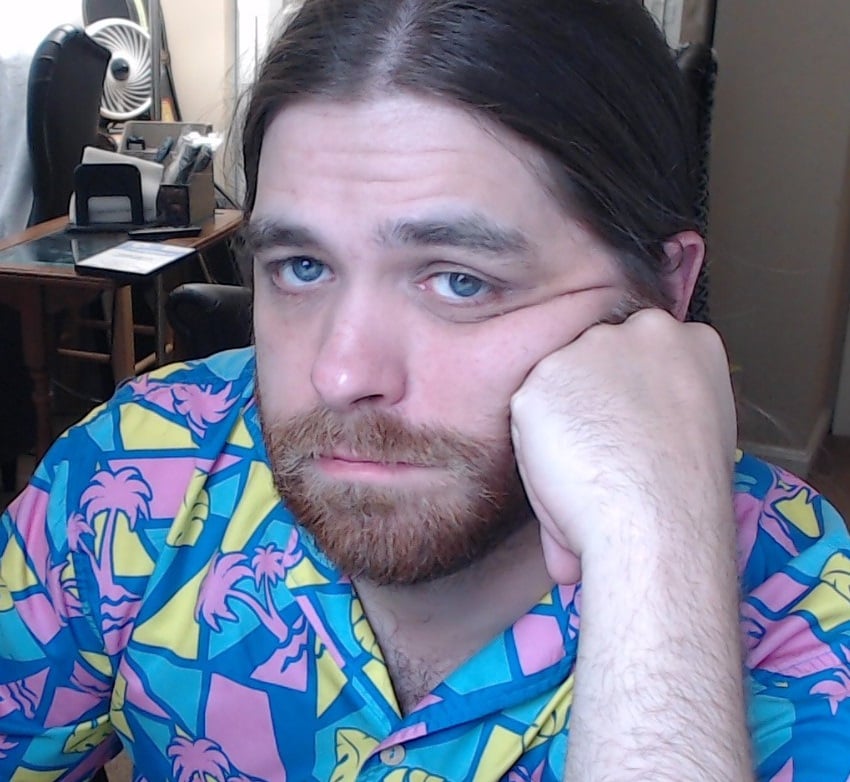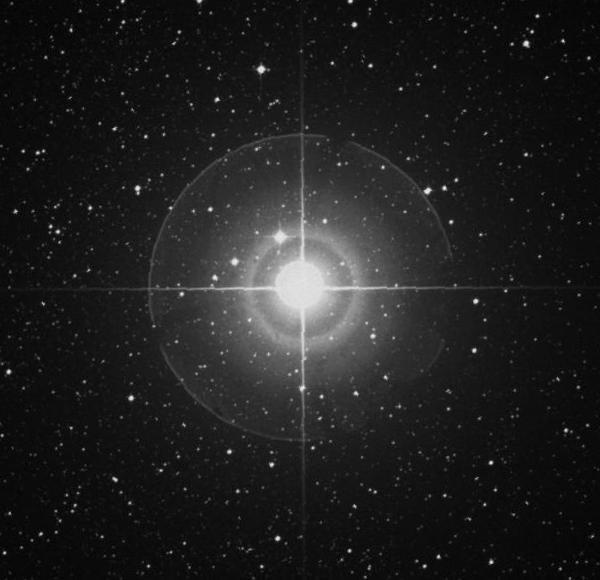Saturn have
Wait, there are multiple Saturns?
They’re endangered.
Yeah man. Haven’t you played Earthbound before??? There are MANY Mr Saturn. Boing Boing!!!
Today I learned at least one roman god isn’t dense enough to sink in water.
Multiple Saturn
Who said Saturn is both singular and plural?
More science facts: Salt water has higher density, so if you put the Pacific Ocean into a cup of tap water, it will sink to the bottom.
Bro out here subtle bragging with his ocean-sized cups
We get it, you have money, no need to show off

It’s easier to read if you read it as a line spoken by the Silicon Valley TV character Jian Yang
If you drive a Saturn into the Pacific Ocean there’s a good chance most of us will survive. Saturns have a low buoyancy.
more science facts, if you were to put earth as close as you could to saturn without them destroying each other, they would orbit each other as a binary planet rather than earth being a satellite of saturn
essentially there’s no way for earth to stably orbit saturn as it’d have to be so close it’d be ripped apart
what if a red giant star was placed in the pacific ocean? would y’all like to find out?
What if it’s yellow? That’s what I want to find out.
Same with large black holes, which are (going by their event horizon) less dense than water. Black holes get less dense as they get more massive.
If you drop one into an ocean, the ocean will immediately collapse into an even bigger black hole and mess up space around it.








